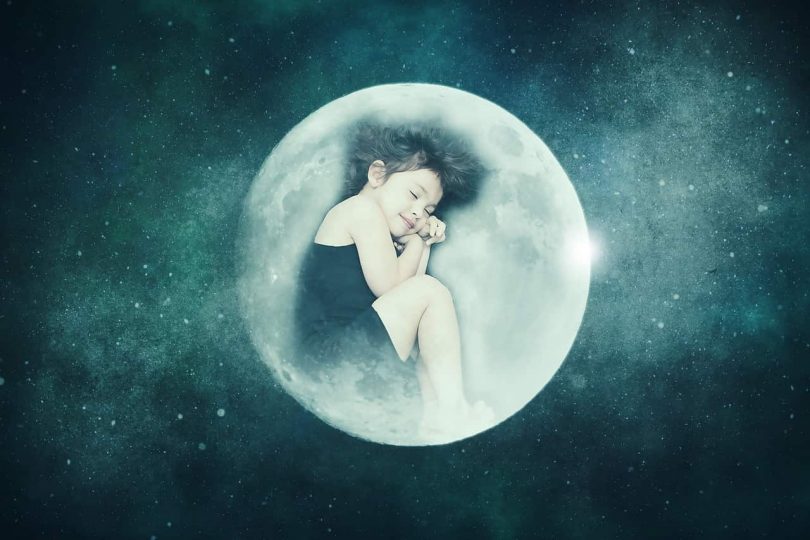What is a Soul? (and Can it Die, Escape, or Break?)
by MATEO SOL
Understanding the nature of the soul is perhaps one of the most fundamental and essential tasks on the spiritual path.
Without knowing what exactly the soul is – and what our soul is like – we can easily get lost, stuck, and stranded.
If you’ve always wanted to know what this mysterious force is, how to get in touch with it, and how to distinguish it from spirit, keep reading.
What is a Soul?
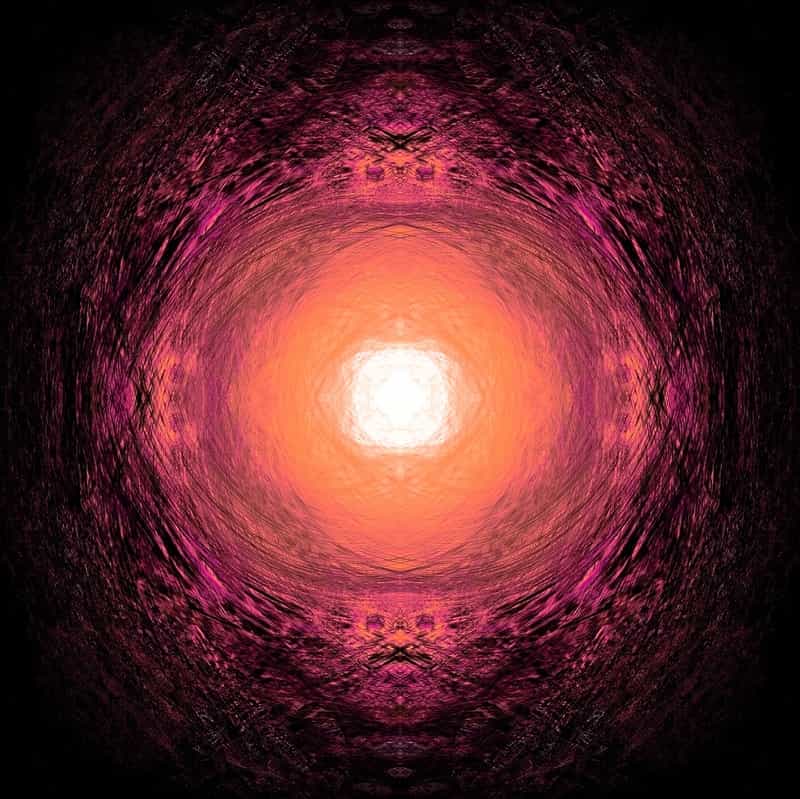
What is a soul? Your soul is the immaterial essence and totality of who you are at a core level – it is your true nature.As all of life at its core is energy, a soul is the whole of this energy – the sum total that animates us, moves us, and even speaks to us in quiet moments when we need guidance.
As psychologist and shamanic teacher, Christa Mackinnonwrites,
… it is our soul that provides us with a kind of inner voice, a moral compass and direction. It is our soul that we hear as this ‘little voice inside’ reminding us that there is more we can become, and it is our soul that suffers when we don’t nourish it by integrating a spiritual component into our lives and striving to give our lives meaning and purpose.
The precise origin of the word ‘soul’ is unknown, however, it derives from a variety of words from the Old English (sāwl, sāwol), Dutch (ziel), German (seele), and Old Norse (sāl) languages.
Can Your Soul Disappear or Die?
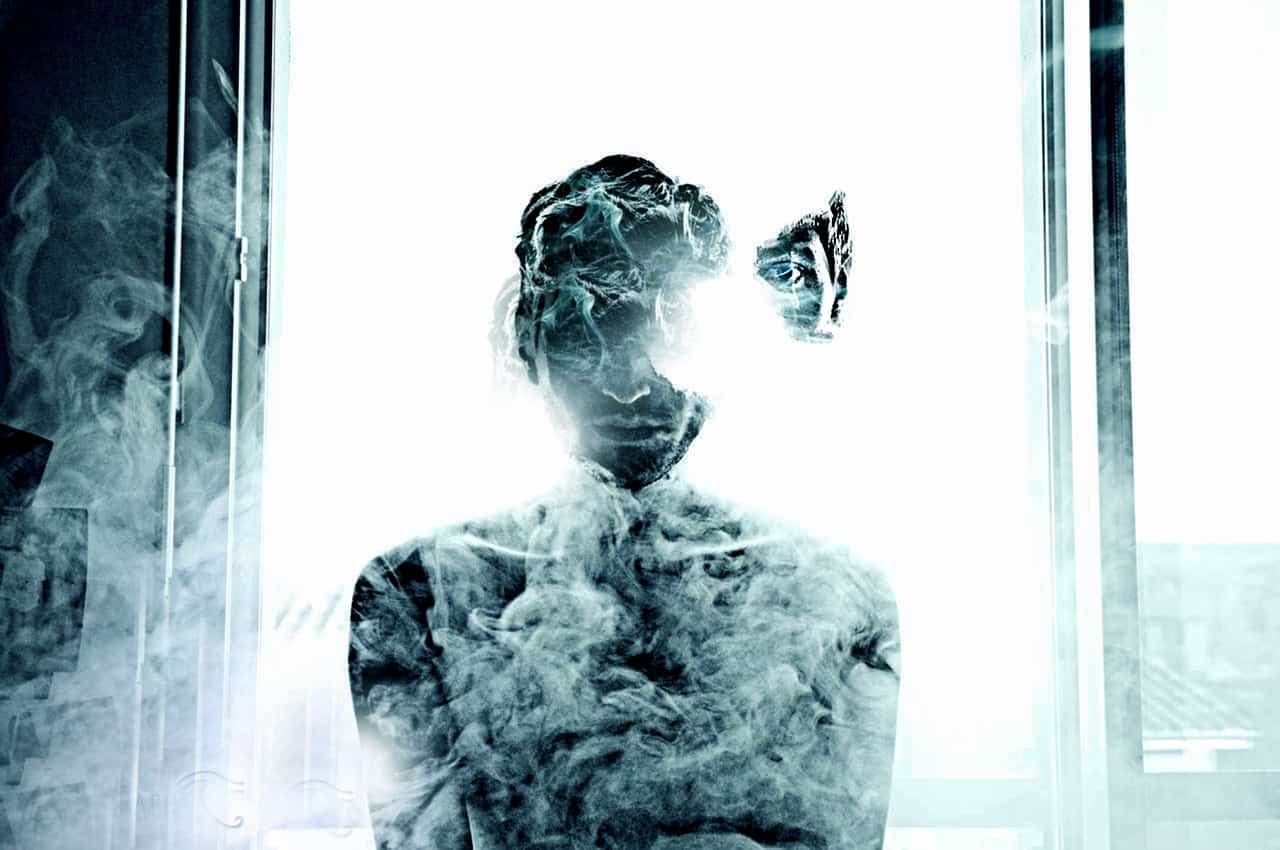
Let’s explore the first question: can your soul get lost? As in, can it disappear or run away?
Certainly, you can be what we refer to in the West as a “lost soul” (or someone who loses their way in life) – but your soul never “runs” away and gets lost, instead, you lose connection to it due to trauma and inner wounds. Your soul is always there, it’s just obscured by the dirt and debris of life. We’ll explore this topic more a little later.
Secondly, can your soul die?
This is an unnerving question for a number of reasons, but the answer is no, your soul can’t die (thankfully!). It can transform and merge back with spirit, but it cannot die.
As the ancient sacred Indian text known as the Bhagavad Gita writes:
The soul is never touched; it is immutable, all-pervading, calm, unshakable; its existence is eternal.
This mirrors the first law of thermodynamics which states that energy can transform from one state to another, but it can neither be created or destroyed.
The same can be said for your soul, as your soul is energy: the life force. Therefore, it can never die, only change form.
How’s that for mind-blowing? If you truly stop to contemplate this and integrate it, not only on a mental level but an emotional level, this realization can change the whole way we approach death.
Do Plants, Animals, and Other Lifeforms Have a Soul?
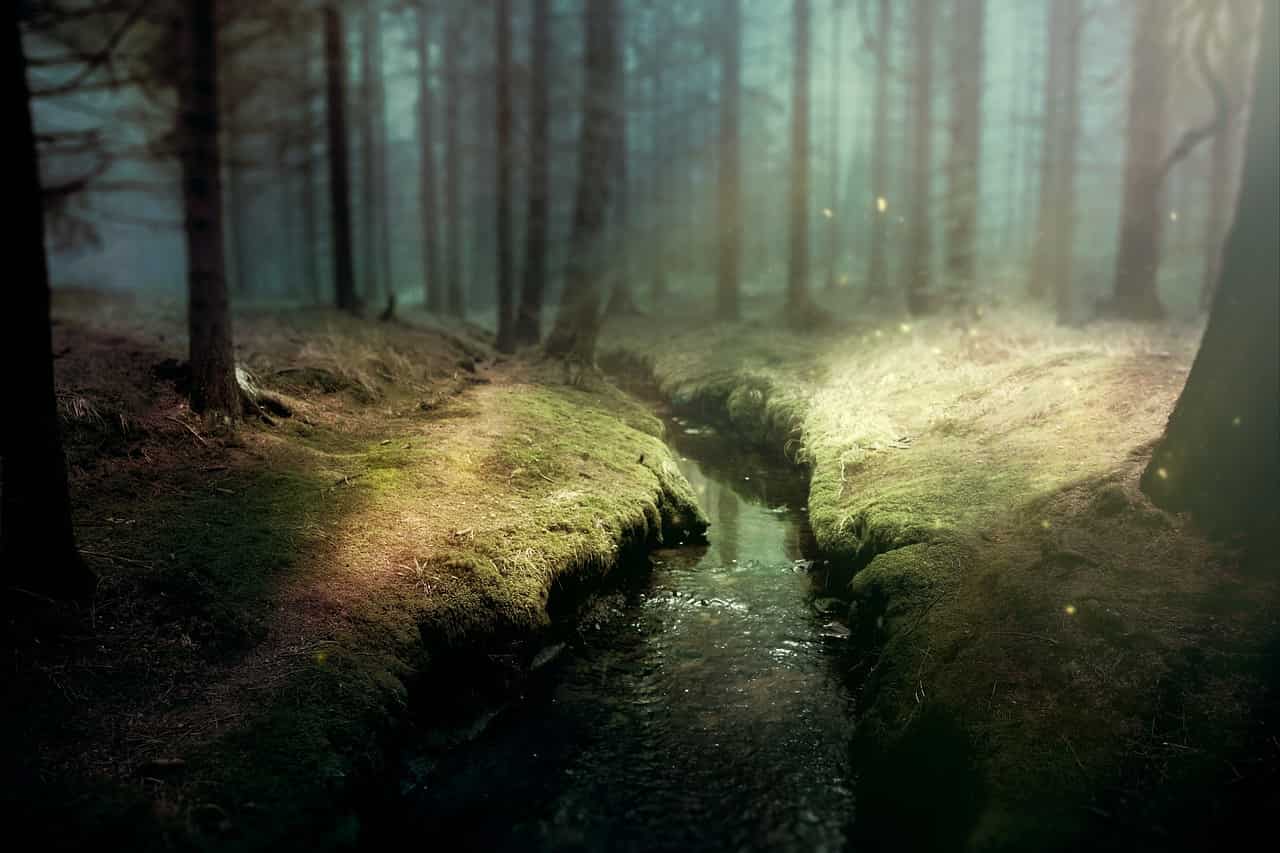
If we understand soul as the unique essence or essential life force of something, we can see that everything has a soul because everything has one-of-a-kind life force energy. No two things in existence are ever exactly the same (even identical twins have differences).
When you go outside in nature, notice the trees around you. If you pay attention, you’ll discover that each one has a certain uniqueness, not just in appearance but in energy – that is the soul of the tree. The same can be said for anything you come across, a dog, a bird, a cloud, a mountain, even the phone, tablet, or laptop that you’re reading this on. Everything has a specific ‘such-ness’ that differentiates it from other things.
Even the world – what is also referred to as Mother Earth or Gaia – has a soul, according to numerous philosophical, spiritual, and religious systems of thought. The world’s soul is known as the anima mundior the universal soul because it encompasses all beings. It is essentially the sum total of all energy, the manifestation and essence of all beings.
Can a Person Be Born Without a Soul?
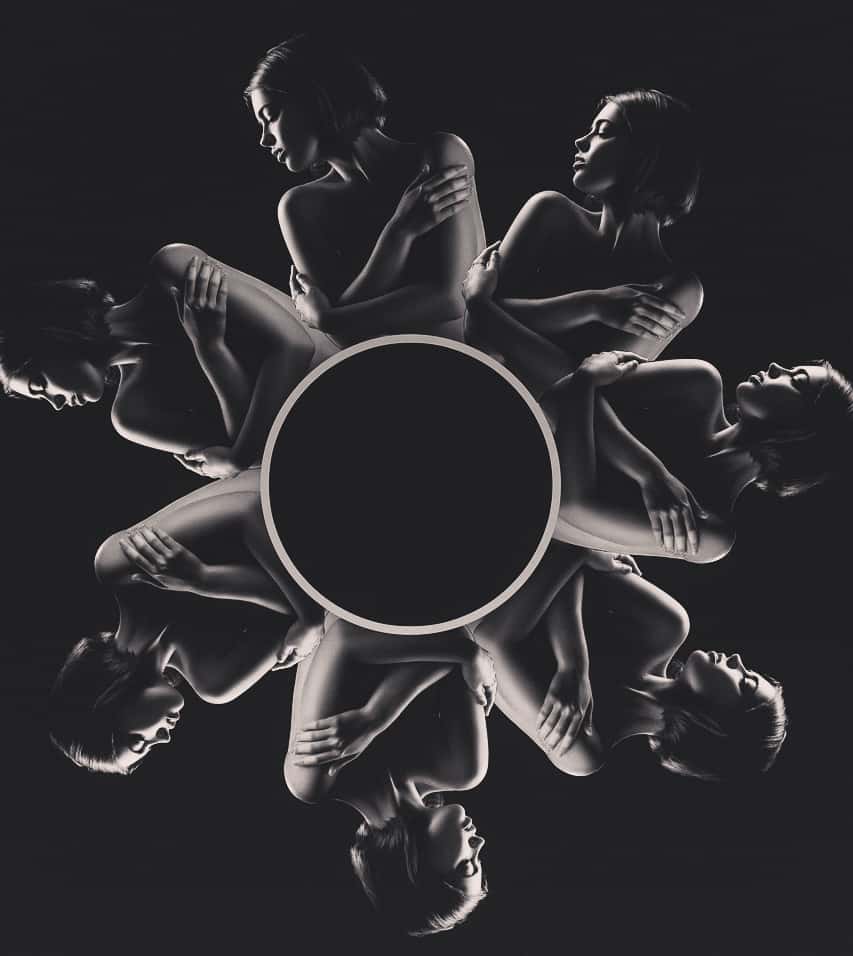
This is a somewhat controversial question and everyone has a different response.
Do serial killers, psychopaths, rapists, and so on have souls?
Those that react with extreme hatred and disgust toward these types of people (which, by the way, is a normal reaction) would scream NO WAY. But my understanding is that we’re allborn with souls, it’s just that some people lose connection to them due to ancestral, societal, familial, and childhood trauma.
Sometimes this trauma is so intense that the person loses complete connection with their soul – it is barricaded behind wall after wall of rage, hatred, pain, grief, toxic beliefs, core wounds, and defense mechanisms. Hence why a person can appear to be “soulless” or “dead inside” – in some sense they are because they’ve become totally separated from the warmth and compassion of the soul. When this happens despicable acts of cruelty can be committed because the person doesn’t really feel anything(or becomes possessed by one particular emotion like rage).
I like to think of an analogy here:
Picture a large room. Within the room is a single, bright, pure light. It floods the whole room and illuminates everything. But what happens when you build a wall around this light? The room becomes dimmer and dimmer. What happens when you completely bury this light? The room becomes pitch dark: you can’t see anything, and you stumble around in a state of chronic fear.
Eventually, you are so used to feeling scared that you become numb – it becomes too much to handle. As a result, you become a creature of the darkness, not really alive, but not really dead either.
Those that experience this will often resort to the most extreme measures to feel something, anything– and when they do feel something, like lust for someone, it may possess them so completely that they become like a demon: unable to feel or see anything but that emotion.
When our inner room is illuminated by the light of the soul, however, we can see and feel clearly. We don’t need to live in a state of fear – life is vibrant and fully alive.
So how can we let this inner light permeate our being? There are a number of different ways (this whole website is dedicated to it, in fact). And we’ll explore some below. But first, let’s explore the difference between soul and spirit.
Soul vs Spirit – What’s the Difference?
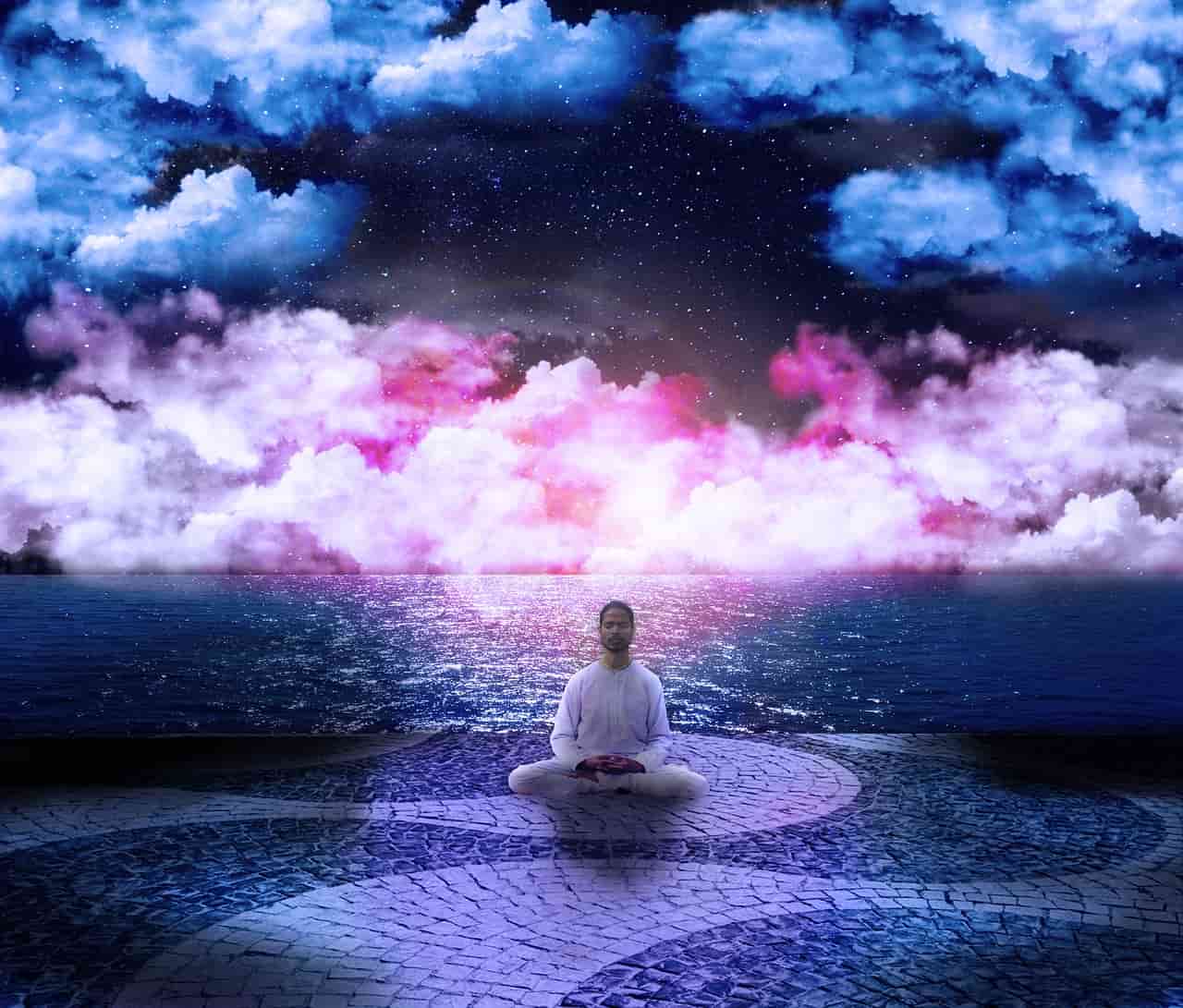
Most people are confused about the difference between the soul and spirit. They sound similar and are often used interchangeably – but they’re not the same thing.
Whereas the soul is connected with the earth, spirit is connected with heaven. While soul is a doorway into the mysteries of the personal unknown, spirit opens a door into boundless oneness. Soul is discovered in the subconscious or “underworld” realm, while spirit is encountered in states of super-consciousness (“upperworld”). When we taste both states we experience mystical feelings of bliss, but the soul is connected with wild dreams, ecstasies, and visions, while spirit results in the experience of pure, illuminated, content-free oneness.
Here we can see the fundamental difference between soul vs spirit summarized: soul is earthly, mysterious, and accessed through the subconscious in dreams and visions. Spirit, on the other hand, is heavenly, content-free, and accessed through states of purified awareness (such as meditation).
I like to envision spirit and soul in the following way: spirit is a dark room and soul is the candle and spark of light in that dark room. This light that is our soul is consciousness that has made spirit aware of itself. But can we say that soul is separate from spirit? We can’t. They both appear in the same space. Soul is using the oxygen and space of spirit to fuel itself.
Perhaps a chart will simply and easily define the difference between soul vs spirit (even though these distinctions may be a bit crude):
Soul:
| Personal | Individual | Feels clearly | Purpose = fulfillment |
| Underworld | Unconscious | Yin | Symbolic |
| Shakti energy | Water and Earth | Descending into oneself | Doing |
Spirit:
| Impersonal | Universal | Sees clearly | Purpose = enlightenment |
| Upperworld | Super-Conscious | Yang | Content-Free |
| Shiva energy | Fire and Air | Ascending beyond oneself | Being |
As explored in the book Spiritual Ecology,
The idea of the human soul … calls us toward our individual and unique relationship to the world. In this sense, soul and Spirit suggest opposites—the unique versus the universal, that which is approached by way of descent versus that which is approached by way of ascent. Ultimately, however, each soul (each thing in its soul aspect) exists as an expression of Spirit and serves as an agent or emissary for Spirit. Our individual relationships with Spirit and soul are not contradictory but complementary. A complete spirituality embraces our relationships to both Spirit and soul, not just one or the other. Together these two realms of spirituality form a whole. Either one alone is incomplete.
Here we can see that both soul and spirit are really only two sides of the same coin. Ultimately, soul must serve as an agent of spirit, and spirit is incomplete without soul.
By being who we authentically are, by walking a path that is true to us, we connect with soul and thus serve spirit.
What’s the Ultimate Purpose of Soul?

Now that we’ve answered the question “what is a soul?” we need to dig more deeply and understand the ultimate purpose of the soul.
As I explored in my article “What is the Meaning of Life?” we all have an innate purpose, something that is programmed into us at a core level, something that we fulfill.
We can observe this in the world around us: life is programmed to grow, change, and expand. All beings (trees, animals, galaxies, etc.) go through cycles of metamorphosis. And so do we.
Therefore, the ultimate purpose of the soul based on this fundamental observation is to grow and mature.In fact, it’s said that the soul goes through many different stages (known as soul ages), in order to fulfill this basic purpose. Those souls who have grown and matured over many lifetimes are referred to as old souls.
But what is the culmination of all this?
Since the dawn of time ancient cultures, mystics, and sages have referred to the ultimate purpose of the soul by many names: to achieve Buddha-nature, Enlightenment, Heaven, Christ-Consciousness, Moksha, Illumination, or Oneness.
As individual conduits of soul, we are ultimately trying to return back to the embrace of eternity; to remove the veil that makes us feel divided and experience the blissfulness of Unity once more.
When enlightenment occurs, the individual soul merges back into the universal spirit – or as author Michael A. Singer writes:
When the drop of consciousness that knows itself as an individual drifts back far enough, it becomes like the drop that falls into the ocean. The Atman (Soul) falls into the Paramatman (Supreme Soul). The individual consciousness falls into the Universal Oneness. And that’s it.
This is often known as the experience of returning home or returning to our true nature beyond the limiting egothat likes to control, manipulate, run away from, and fear life.
But this journey can take many lifetimes, and even enlightenment isn’t the end (for whatever is static is dead – and there’s no such thing as death ultimately). There are still layers upon layers of deepening, opening, and expanding to be experienced.
![]()
About Mateo Sol
SUPPORT OUR WORK:We spend hundreds of hours every month writing, editing and managing this website. If you have found any comfort, support or guidance in our work, please consider donating:
Come Follow Us on Twitter
Come Like Us on Facebook
Check us out on Instagram
And Sign Up for our Newsletter


